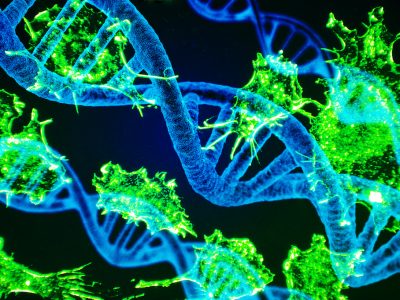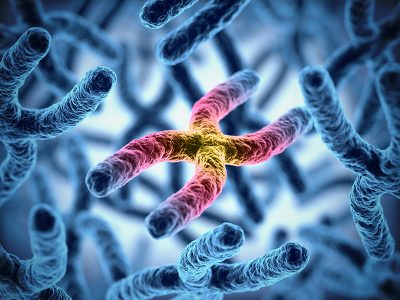Single-cell analysis of metastatic gastric cancer finds diverse tumor cell populations associated with patient outcomes
MD Anderson researchers identified two subtypes of peritoneal carcinomatosis, a form of gastric cancer, and developed gene expression signatures that can be... Read More
Peritoneal cancer index (PCI) based patient selecting strategy for complete cytoreductive surgery plus hyperthermic intraperitoneal chemotherapy in gastric cancer with peritoneal metastasis
A study found that “cytoreductive” surgery combined with intraperitoneal chemotherapy improved survival for some gastric cancer patients but that the strategy should... Read More
First US clinical trial testing efficacy of delivering aerosolized chemotherapy
City of Hope is recruiting patients with gastric cancer for a trial of a chemotherapy spray that can be delivered straight to... Read More
Immune Protein IL-17A Responsible for Lethal Side Effects of Gastric Cancer
Researchers in Japan discovered that the pro-inflammatory cytokine IL-17A plays a role in promoting peritoneal spread in gastric cancer, and they suggested... Read More
YAP1 mediates gastric adenocarcinoma peritoneal metastases that are attenuated by YAP1 inhibition
A new study led by GCF grant recipient Jaffer Ajani of MD Anderson found a link between the cancer-associated gene YAP1 and... Read More
Multiplex profiling of peritoneal metastases from gastric adenocarcinoma identified novel targets and molecular subtypes that predict treatment response.
Researchers at MD Anderson used DNA and RNA sequencing to identify gene mutations linked with aggressive peritoneal metastases in gastric cancer.
Cytoreductive Surgery With or Without Hyperthermic Intraperitoneal Chemotherapy for Gastric Cancer With Peritoneal Metastases
A study following 277 gastric cancer patients with peritoneal metastases found that cytoreductive surgery (CRS) with hyperthermic intraperitoneal chemotherapy improved overall and... Read More








